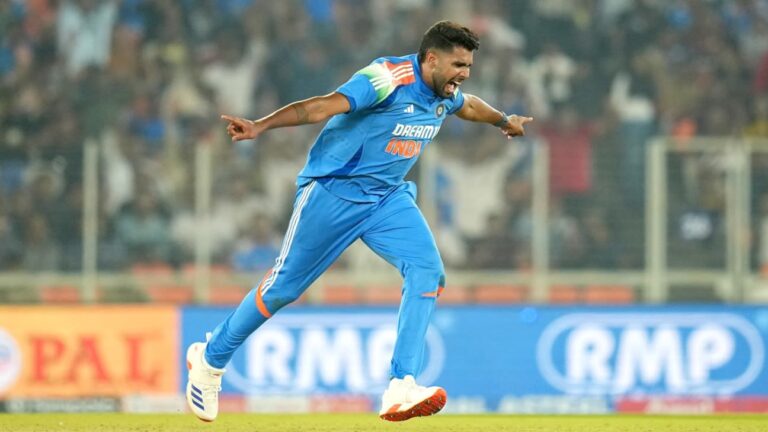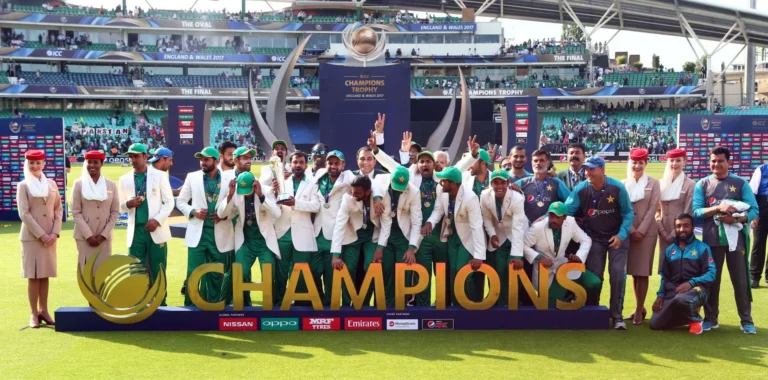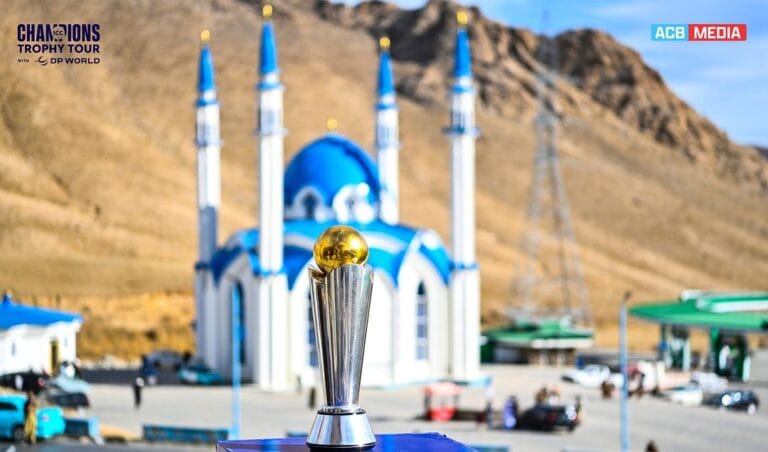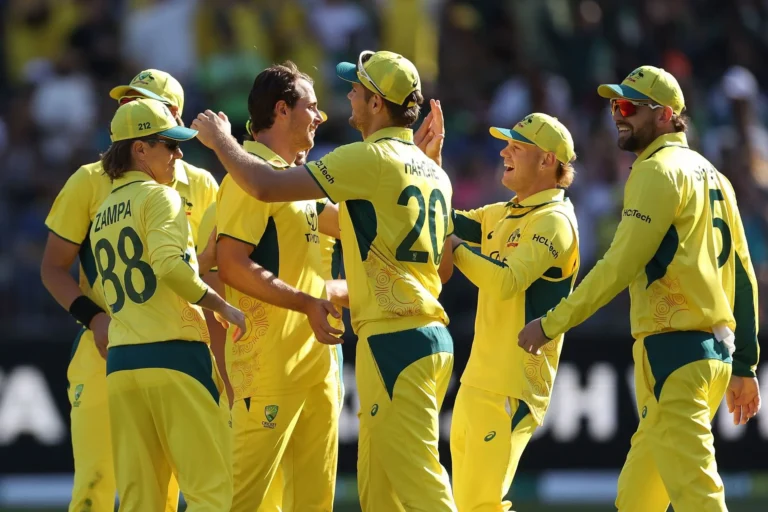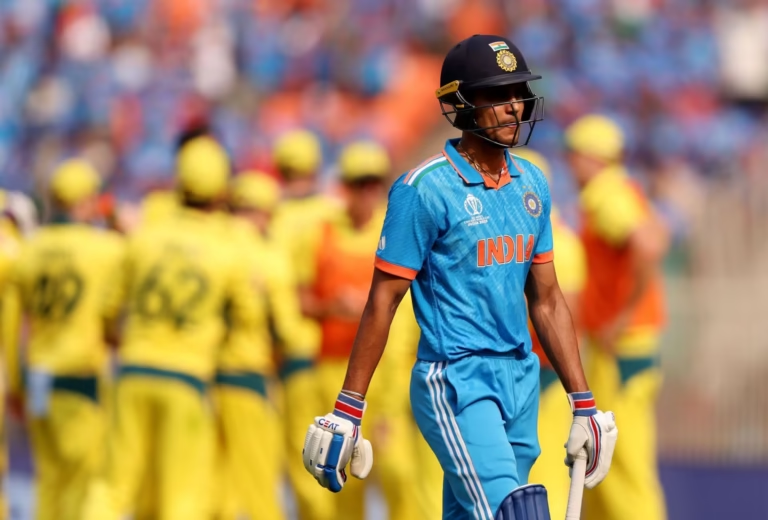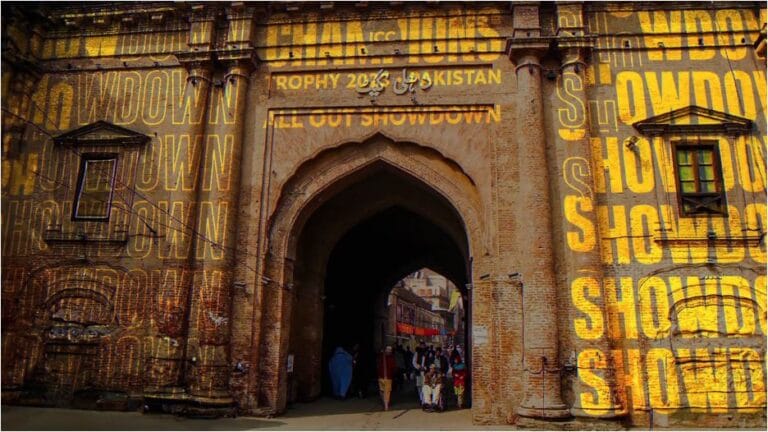
Cricket has long been a platform for diplomacy between countries. It offers opportunities for nations to ease political tensions. India and Pakistan have often used cricket to encourage diplomatic dialogue.
In 1987, Pakistani President Zia ul-Haq attended a match to reduce tensions. The visit included a meeting with Indian Prime Minister Rajiv Gandhi. Similarly, cricket was used in 2004 to resume diplomatic ties after years of hostility.
India-Pakistan Rivalry: More Than Just a Game
India and Pakistan’s cricket rivalry is rooted in both sports and politics. Matches between these nations evoke high emotions, fueled by historical conflicts. They symbolize more than just competition; they reflect the complexities of international relations.
In 2011, the Cricket World Cup brought leaders of both nations together. The Indian and Pakistani prime ministers watched the match in a gesture of goodwill. Cricket continues to serve as a unique stage for diplomacy between the two countries.
The Role of Politics in India’s Cricket Dominance
Cricket in India extends beyond sport, merging with political influence. Politicians use the sport to boost their image and political agendas. The Board of Control for Cricket in India (BCCI) has become a powerful entity, often controlled by political figures.
Under the leadership of Prime Minister Narendra Modi, cricket has experienced a shift. The Modi government has strategically tied cricket to nationalist narratives. This integration of politics into cricket has raised concerns about the future of the sport’s integrity.
Cricket Stadiums: Political Influence in Sports Infrastructure
The renaming of cricket stadiums in India reflects deeper political ties. The Narendra Modi Stadium in Ahmedabad is the world’s largest, hosting key events. It has become a symbol of India’s growing cricket influence under Modi’s leadership.
This trend isn’t isolated to Gujarat. Other stadiums, such as the one in Delhi, have also been renamed. These acts represent the blending of politics with cricket in modern India.
Nepotism in Cricket: A Growing Concern
Nepotism is a growing issue in Indian cricket, impacting its governance. Positions within the BCCI are often filled based on political connections rather than merit. Family ties and political alliances determine appointments in crucial roles.
An example is BCCI Secretary Jay Shah, son of Amit Shah, India’s Home Minister. The system of favoritism and political influence threatens the autonomy of Indian cricket. As politics increasingly dictates cricket’s management, concerns about fairness arise.
Cricket’s Nationalist Shift: A Changing Cultural Landscape
In recent years, cricket has become a site for nationalistic expressions. India’s cricket teams are now more than just athletes; they embody the government’s narrative of “New India.” The nationalist messages tied to the sport have shifted its cultural significance.
The color orange, tied to Hindu nationalism, has been suggested for team uniforms. Although the attempt to change the kit failed, the message was clear. Cricket is being used to promote a nationalist agenda, aligning the sport with political narratives.
The Impact of India’s Political Landscape on International Cricket
India’s political influence has extended to international cricket. With significant financial control over the sport, India has become a dominant player. This power comes with increased political interference in cricket’s global governance.
Jay Shah, India’s BCCI Secretary, also heads the Asian Cricket Council. The Modi government’s reach in cricket impacts global tournaments and policies. The sport’s independence is being questioned as India’s political clout grows.
The Future of Cricket Amid Political Influence
Cricket’s relationship with politics is stronger than ever, particularly in India. The integration of political agendas into the sport raises concerns about its future. As cricket becomes more politicized, its role as an impartial global sport is under scrutiny.
The balance between sportsmanship and politics must be preserved. Cricket should remain a unifying force, not a political tool. Only then can it continue to bring nations together on the field.
Check out the Champions Trophy Stats
